It’s that time of the year for landlords to present a reconciliation to tenants for cost variances in the previous year over what was budgeted. This is referred to as a Common Area Maintenance (CAM) reconciliation. CAM charges are a common and often misunderstood element of real estate.
In this blog, we will explore some key points tenants need to know about CAM charges, from what they are to how to potentially reduce them. We will also provide tips for avoiding common pitfalls and answer some of the most frequently asked questions. By the end of this article, we hope you will have a better understanding of CAM charges and the power to take control of them.
What is CAM in Real Estate?
CAM, or common area maintenance, is a term used in the real estate industry to refer to the shared cost for the upkeep and maintenance of common areas of a property. Charges are usually included in a lease agreement and are determined by the landlord based on the estimated maintenance costs.Some examples of these costs are insurance, property taxes, property management utilities, janitorial services, landscaping, and trash removal. Common areas can include lobbies, elevators, hallways, stairs, and other areas that are shared by multiple tenants.
The goal is to keep the common areas in good condition, which benefits both tenants and landlords; tenants have nicer buildings, and landlords keep their property valuable.

Common Area Maintenance (CAM) Charges
When it comes to CAM charges, tenants should be aware of what they are being charged for and how they are being calculated. CAM charges are typically broken down into two categories: fixed and variable. Fixed CAM charges are those that are budgeted yearly and remain the same each month. Variable CAM charges are those that can change based on the actual costs incurred by the landlord and will fluctuate month to month.
In some cases, tenants may be required to pay a percentage of their total rent as CAM charges. This percentage will vary depending on the building and the lease agreement. Tenants should also be aware of any additional fees that may be included in their CAM charges, such as utilities, insurance, or other miscellaneous costs.
Understanding CAM Reconciliations
Reconciliations are a critical part of understanding CAM charges and how the building is performing. They are an itemized list of actual property charges vs budgeted charges, typically done on a yearly or bi-yearly basis. While the costs can go down and tenants can receive a refund, it is more often than not that the reconciliation will come with an additional charge. It will detail the individual costs that make up the CAM charges and frequently includes a percentage change over the previous year to help both parties understand the trends. It is important for tenants to review this document carefully to make sure they are being charged the correct amount in accordance with their lease. Landlords typically have between 30-90 days to present you with this reconciliation at the end of every year, but this time period will vary depending on your lease.
Common Lease Clauses that Can Lead to Discrepancies
These are clauses that typically cause issue on the reconciliation:
- Controllable expenses -. They’re the ones that can be kept in line and sometimes even lowered. Landscaping, admin salaries, property management, water—these are all controllable expenses. Tenants who understand the relationship can lower the cost of water, for example, by limiting their own usage and alerting the property manager of sprinkler or other outside leaks
- Insurance and property taxes are two examples of non-controllable expenses that can have the most impact on the annual costs of running a building. In Florida, insurance is particularly of concern. Non-controllable expenses typically cannot be negotiated, but there are times when controllable expenses are incidentally included as non-controllable items.
- Gross up clauses are a common way to protect landlords in the event of a tenant leaving their unit. The clause is a way to pass on costs of vacant units, including utilities, taxes and maintenance, to the occupants of other spaces in the building. It’s important that gross up clauses are calculated properly so that they accurately reflect the actual costs incurred by landlords when tenants leave their units.
- Pro Rata shares are a way to calculate the percentage of space you’re occupying in your office. Pro Rata shares are based on industry standards, such as the Building Owners and Manager’s Association (BOMA), which standardizes means for calculating space.
- Capital expenses are items that need to be fixed or replaced and go towards adding to or improving a property beyond routine repairs and maintenance. These items might include roofs, HVAC systems, and other structural components that need to be repaired or replaced. Capital expenses can be tricky for tenants. MOST leases do not allow a landlord to pass on structural repairs, but this is not always true. The best way to catch a ‘capital expense” clause in a lease is before the lease is signed. At limes, even without a capital expense charge in a lease, they are included in the CAM reconciliation. It is up to the tenant to verify whether it is valid or not. Look for large increases year over year in line items, as capital expenses are sometimes hidden in operating expenses.
- Double charge of Management Fee, sometimes the lease allows for an asset management fee and a property management fee. Usually, however, this is not the case. Property management is managing the operations of the property (paying rent, conducting maintenance, etc). Asset management is strategic management (restructuring of debt, whether to build additional space, micromanaging the expense lines). Property management and asset management require different skill sets. Typically, institutional landlords build in an asset management fee. Individual landlords do not.
- Ignoring Operating Expense Caps, many leases limit the amount of controllable expense increases annually (i.e. property management). Check to see if the caps are adhered to.
CAM Reconciliations: What Tenants Should Look Out For This Year
When reviewing CAM reconciliations, tenants should look out for any discrepancies between the actual costs and the amount they are being charged. Tenants should also be aware of any additional fees or charges that may be included in the CAM charges. These can include utilities, insurance, or other miscellaneous costs.
This year, many tenants will be affected by inflationary increases, which are not normally subjected to annual caps, i.e. insurance and a rising real estate market in Florida which increases property taxes. Tenants should expect higher utility bills this year due to volatility in the natural gas market. Construction and maintenance costs have also seen dramatic increases. That means everything from window cleaners to landscaping companies have reported higher charges.
Strategies for Gaining Control Over CAM Charges
The best time to gain control of CAM charges is before you sign a lease. Yes, you can and should negotiate some CAM charges. But, after you sign the lease there are a few simple things you can do.The first step is to review your lease agreement and make sure you understand the terms of the agreement and what you are being charged for. The next step is to verify the numbers that are presented on the reconciliation are accurate.
Finally, look for ways to reduce expenses. Afterall, you are typically paying for leaking water, whether it is in your suite or not. Pasco County has some of the highest water rates in the Greater Tampa Bay area. So, Small adjustments can make significant cost reductions for everyone in the plaza. The same goes for unnecessary lighting. Have a discussion with the landlord or property manager about some of your ideas to help reduce common costs.
Some Other Common Pitfalls and How to Avoid Them
When you receive your reconciliation, there is usually a window of time you can contest or audit the charges. Many tenants fail to respond to their landlord’s reconciliation because they don’t have the manpower or expertise to make sure the reconciliation is accurate. Leases are complicated, and retailers that manage multiple units can struggle to organize and keep straight which lease calls for which expenses to be passed on. The simple solution to this issue is finding a partner with whom you can work. Many property management firms offer CAM reconciliation, lease administration and lease audit services.
Another common pitfall is not paying attention to CAM reconciliations. Tenants should review their CAM reconciliations and look out for any discrepancies between the actual costs and what they are being charged.
Conclusion
For tenants, CAM charges can be scary. Having a partner on your side to stay on top of critical dates, lend expertise, provide some averages across the industry on typical charges and assist in keeping the CAM charges contained could result in significant savings. Whether you are a DIYer or engage a partner to assist, checking the reconciliation against lease terms and verifying the amounts against actual charges and lease requirements is a must.
By understanding CAM charges, tenants can have more control over their CAM costs and make sure they are being charged the correct amount. With the right information and strategies, tenants can take control of their CAM charges and save money in the process.
Let us know if we can help! Our commercial real estate agency offers an array of services from lease abstracts, lease option renewals, critical date monitoring and reporting, maintenance oversight to CAM reconciliation, cost benchmarking & lease audits.


